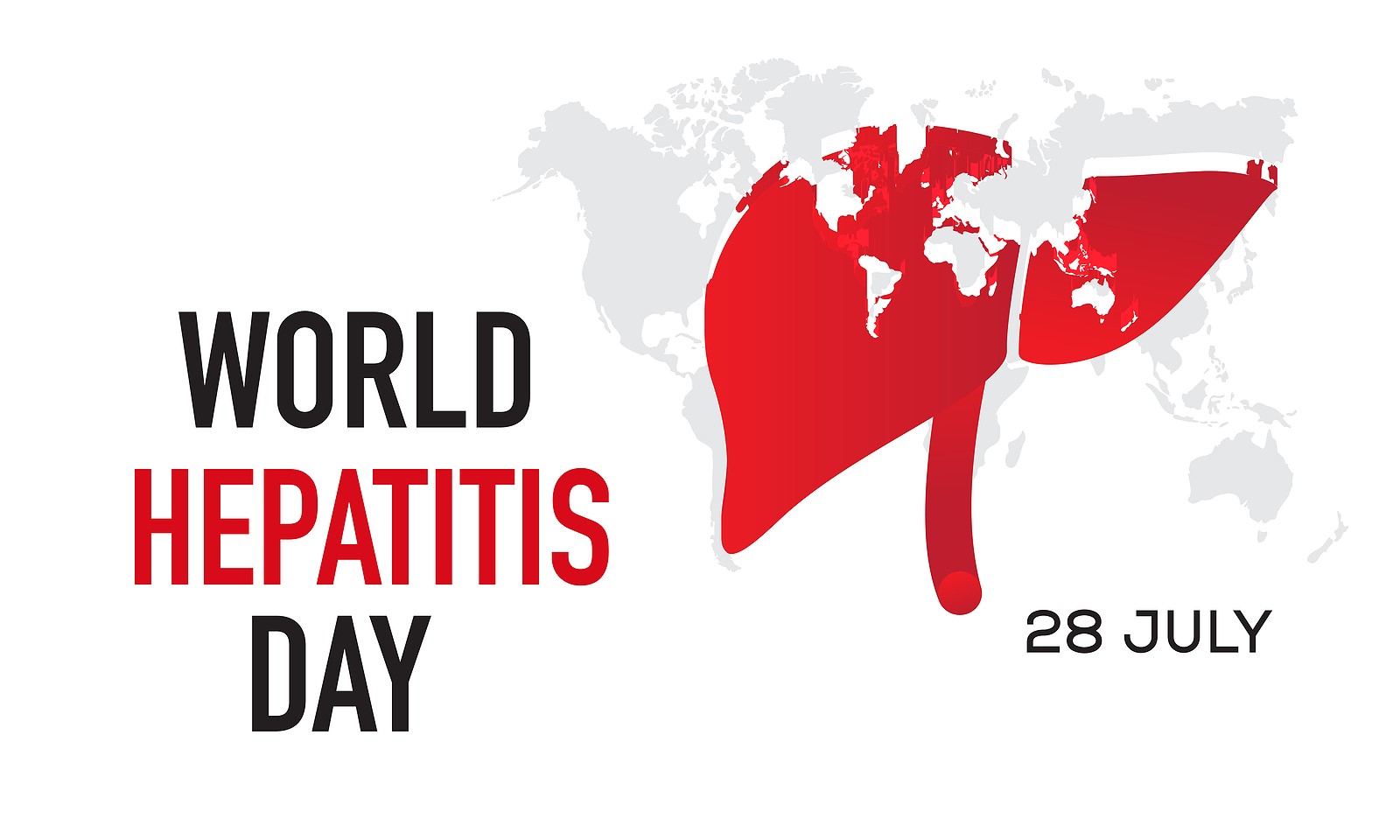
Did you know that hepatitis is a common virus that can affect children? It affects the liver and can cause serious health problems in children. In fact, it is one of the most common liver infections in the United States of America. Each year on July 28, the World Health Organization sponsors World Hepatitis Day — a time to raise awareness about the global burden of viral hepatitis. Hepatitis is a leading cause of death in children worldwide.
Types of Hepatitis
Hepatitis is a broad term that refers to liver inflammation. Several viruses (viral hepatitis), medications, chemicals, certain genetic abnormalities, alcohol, or an overactive immune system that mistakenly assaults the liver (autoimmune hepatitis) can cause liver inflammation. Hepatitis A, B, C, D, and E are the five viruses that cause different types of viral hepatitis.
- Hepatitis A is mostly a foodborne illness spread through contaminated water and unclean food. It’s the easiest to spread, especially to children, but it’s also the least likely to harm the liver. It’s usually mild and goes away in six months.
- Hepatitis B can be passed on from mother to child by contaminated blood, needles, syringes, or body fluids. After many years of carrying the virus, it can lead to long-term liver damage, liver cancer, and cirrhosis of the liver in certain cases.
- Hepatitis C is only passed from mother to child during childbirth or through infected blood. In the long run, it can also lead to liver cancer and cirrhosis.
- Hepatitis D can only be found in people who simultaneously have hepatitis B. Africa, Asia, and South America are the most common areas where hepatitis E is present. When used in excess or at very high doses, several ordinarily harmless drugs can be harmful to the liver and cause hepatitis (drug-induced hepatitis). Acetaminophen (Tylenol) and even vitamin A are examples.
(Johns Hopkins Medicine, 2019)
Hepatitis and COVID in Children
Researchers believe a cascade of events caused by an undiagnosed infection with the SARS-CoV-2 coronavirus may be to blame for the mystery cases of acute hepatitis observed in hundreds of young children around the world. According to a paper published on medRxiv ahead of peer review, children who have COVID-19 are at a considerably higher risk of liver dysfunction subsequently. However, the majority of children with acute hepatitis – which is uncommon in that age group – do not have a history of SARS-CoV-2 infection. Instead, the vast majority were found to be infected with an adenovirus known as 41F, which does not affect the liver. (Lapid, 2022)
Diagnosis of Hepatitis
Diagnostic techniques and other testing to identify the degree of the disease may involve blood tests, CT scans, and MRI, in addition to a comprehensive medical history and examination by your doctor. Blood tests can be done to determine the functionality of the liver, liver enzymes, studies on antibodies with polymerase chain reaction (PCR) (to check for the type of viral hepatitis if present), counts of cellular blood, and coagulation tests, such as the international normalized ratio (INR).
A CT scan is often conducted. This diagnostic imaging process creates horizontal, or axial, images (commonly referred to as slices) of the body using a combination of X-rays and computer technologies. A CT scan provides detailed images of the bones, muscles, fat, and organs in any section of the body. CT scans provide more information than standard X-rays.
Other tests include an MRI (Magnetic Resonance Imaging), which is a diagnostic process that produces comprehensive images of organs and structures within the body using a combination of massive magnets, radio frequencies, and a computer. In some cases, a liver biopsy is done. A small sample of liver tissue is taken and checked for abnormalities using a special biopsy needle. (Texas Children’s Hospital)
Take Action
Hepatitis in children can be a serious condition. However, with proper medical treatment and preventive measures, most children can recover fully from the disease. If you suspect that your child may have hepatitis, it is important to seek medical attention immediately. Early diagnosis and treatment is essential for the best possible outcome.
Works Cited
“Hepatitis in Children.” Johns Hopkins Medicine, 14 Aug. 2019, www.hopkinsmedicine.org/health/conditions-and-diseases/hepatitis/hepatitis-in-children.
Person, and Nancy Lapid. “Coronavirus May Be Linked to Cases of Severe Hepatitis in Children.” Reuters, Thomson Reuters, 16 May 2022, www.reuters.com/business/healthcare-pharmaceuticals/coronavirus-may-be-linked-cases-severe-hepatitis-children-2022-05-16/.
“Hepatitis in Children.” Home, www.texaschildrens.org/health/hepatitis-children.
















